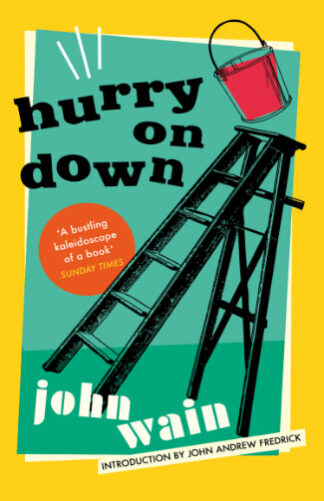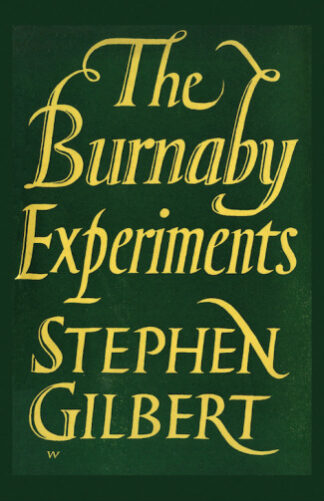Description
“From the former Talking Heads frontman, a supremely intelligent, superbly written dissection of music as an art form and way of life . . . Byrne touches on all kinds of music from all ages and every part of the world . . . Highly recommended—anyone at all interested in music will learn a lot from this book.”—Kirkus Reviews (starred review)
“In this fascinating meditation, Talking Heads frontman Byrne (Bicycle Diaries) explores how social and practical context, more than individual authorship, shaped music making in history and his own career . . . his chapters on Heads recording sessions are some of the most insightful accounts of musical creativity yet penned. The result is a surprising challenge to the romantic cliché of musical genius . . . Byrne’s erudite and entertaining prose reveals him to be a true musical intellectual, with serious and revealing things to say about his art.”—Publishers Weekly (starred review)
“Endlessly fascinating, insightful, and intelligent.”—Booklist (starred review)
“Byrne explores a whole symphony of argument in this extraordinary book with the precise, technical enthusiasm you’d expect from the painfully bright art school–educated son—born in Scotland, raised in the States—of an electrical engineer, occasionally mopping his fevered brow in the crestfallen manner of a nineteenth-century poet . . . It’s fascinating.”—The Guardian
“How Music Works is as engaging as it is eclectic: a buoyant hybrid of social history, anthropological survey, autobiography, personal philosophy, and business manual, sometimes on the same page . . . Even for the most ardent explorers (and Byrne is one) this is some seriously unknowable territory.”—The Boston Globe
“By all accounts, Byrne’s style and energy are as apparent on the page as on the stage.”—Kathryn Schulz, New York Magazine
“Bob Dylan, Keith Richards, Jay-Z, even Daniel Lanois have all given us books in recent years. And they’ve all been interesting and worth reading. But none of them is as good as David Byrne’s book . . . He weaves his account of the evolution of music from animals to humans and the history of changes in the way music studios work into the most accessible and unpretentious narrative of such a story that I have yet come across.”—The Globe and Mail
“A decidedly generous book—welcoming, informal, digressive, full of ideas and intelligence—and one has the pleasant sense that Byrne is speaking directly to the reader, sharing a few confidences he has picked up over the years.”—The Washington Post





